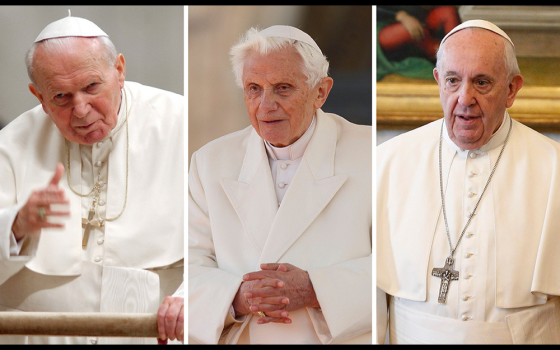Attorney General Eric Holder, in a speech at the Lyndon Baines Johnson Library in Austin yesterday, called attention to the recent spate of state laws that make it more difficult to vote, requiring government issued ID’s, not permitting government issued ID’s if those ID’s are college ID’s at a state university, limiting early voting and similar measures. Holder was right to speak out against these new laws but as Attorney General, he needs to do more than speak. He needs to act.
There is much I find repugnant about some of the policies adopted by the crop of GOP governors and state legislators after their electoral windfall in 2010, especially the attacks on public service employees and their right to collectively bargain. But, the most appalling initiatives have been these attempts to restrict the franchise. Surely, if there is an issue around which all Americans can agree, it is that our democracy is more likely to prosper if more people engage in the political system.
Those who defend these new restrictions point to the need to prevent voter fraud. That said, there are precious few instances of voter fraud in America. Indeed, the Republican National Lawyers Association released a report Friday, intending to bolster their argument that there is widespread voter fraud, but the report actually demonstrated the opposite. In most states, there were one or two convictions for voter fraud over a ten year period. Ten years! Nor was there any correlation between incidences of voter fraud and more restrictive ID requirements. And, many of the convictions had nothing to do with people trying to impersonate other voters, the only kind of fraud that the new ID requirements would restrict. Many of the convictions had to do with vote-buying, filing false registration papers, and convicted felons whose states deny them the right to vote trying to register and vote anyway. What any of that has to do with not permitting a college ID to suffice in order to register and vote is beyond me.
It is pretty obvious what is going on here. Who are the people who are least likely to have a government issued ID? Those who don’t drive. Who doesn’t drive? People who are poor and live in urban areas where they have access to public transportation. How do poor people who live in cities tend to vote?
Of course, the GOP’s presidential nominating contest is now being led by a self-identified historian – and a mighty well paid one at that! Surely, Mr. Gingrich is familiar with the ugly history in this country regarding the denial of the franchise. Surely, Mr. Gingrich is aware of how the poll taxes, which state courts assured us were not race-based, were used to keep poor blacks from voting. Surely, he is aware that one of the nation’s great accomplishments of the last century was the Voting Rights Act. Not a peep from Mr. Gingrich.
The silence from the Republican-leaning intelligentsia has also been deafening. I understand that my Republican friends differ with me on a variety of policies. But, wouldn’t it be nice to see some of them – any one of them – stand up to their own party on this issue the way some of us pro-life Dems stand up to our party? Are there no thinking Republicans who are opposed to restricting the franchise? And, to be clear, the new restrictions are not only directed at the poor and disproportionately at minorities. The restrictions will affect young people. Republicans have been lamenting the sad state of education in civics in many of our schools but surely they do not intend to educate young people only to then erect hurdles that make it more difficult to put their education to good use?
Mr. Holder’s words were fine, but I should like to see some legal action. I understand that political decisions are best left to the political branches, as the Supreme Court ruled in 2008, but there are limits. Bad enough that the political branches – of both parties – have made a mockery of the redistricting process. But, allowing them to make it more difficult for citizens to participate in our electoral process reeks. And, even if the Justice Department takes legal action and loses on the courts, the attention surrounding the cases will hopefully alert voters to the need to make sure that they have whatever documents they need in order to register and vote.
On this issue, last night, Rachel Maddow had a great segment about a woman, Ruthelle Frank, in Wisconsin who would be affected by the new restrictive rules in that state. She was born at her home, not at a hospital, and so she never received a birth certificate. Her name eventually was recorded by the Registrar of Deeds but her name was spelt incorrectly. To get a birth certificate or to correct the mistake on the town’s registry costs money. That is not exactly a poll tax, but it is close enough for me. I hope all Americans get to know Ruthelle Frank in the next few months. I will give the final word to Ruthelle Frank in this video:
|
Visit msnbc.com for breaking news, world news, and news about the economy |


